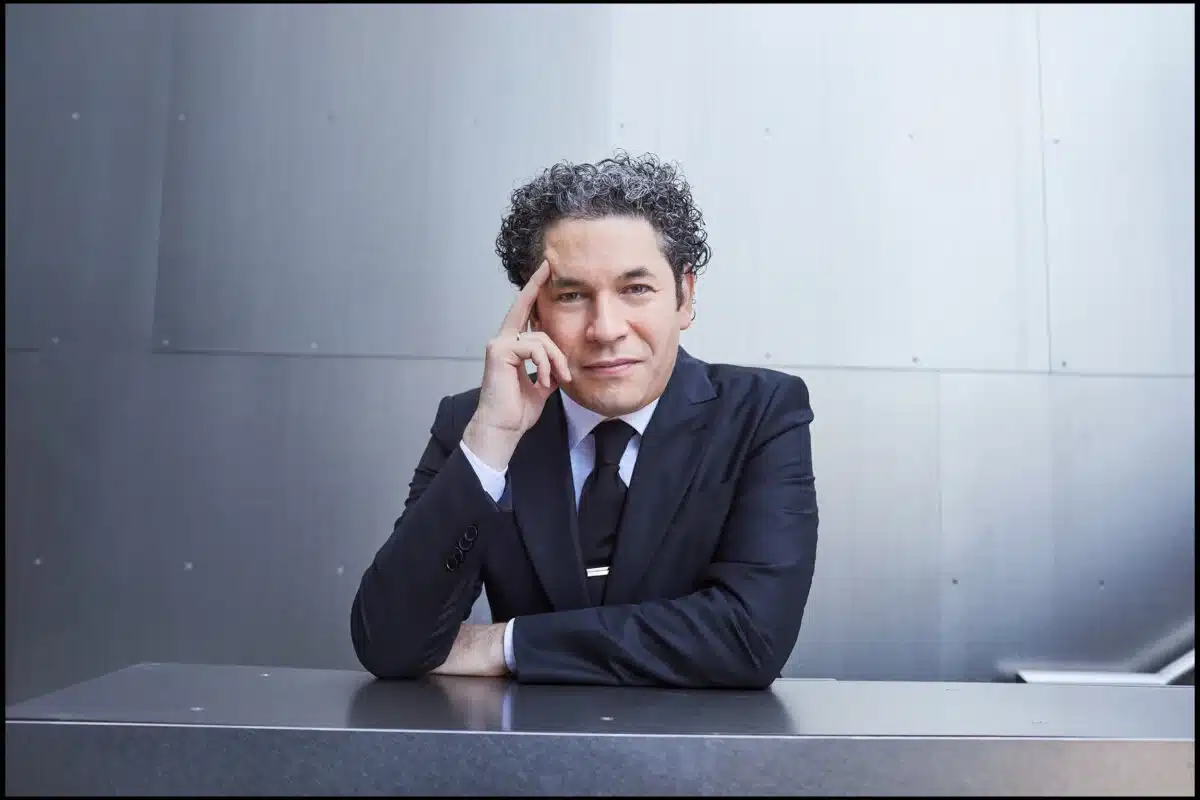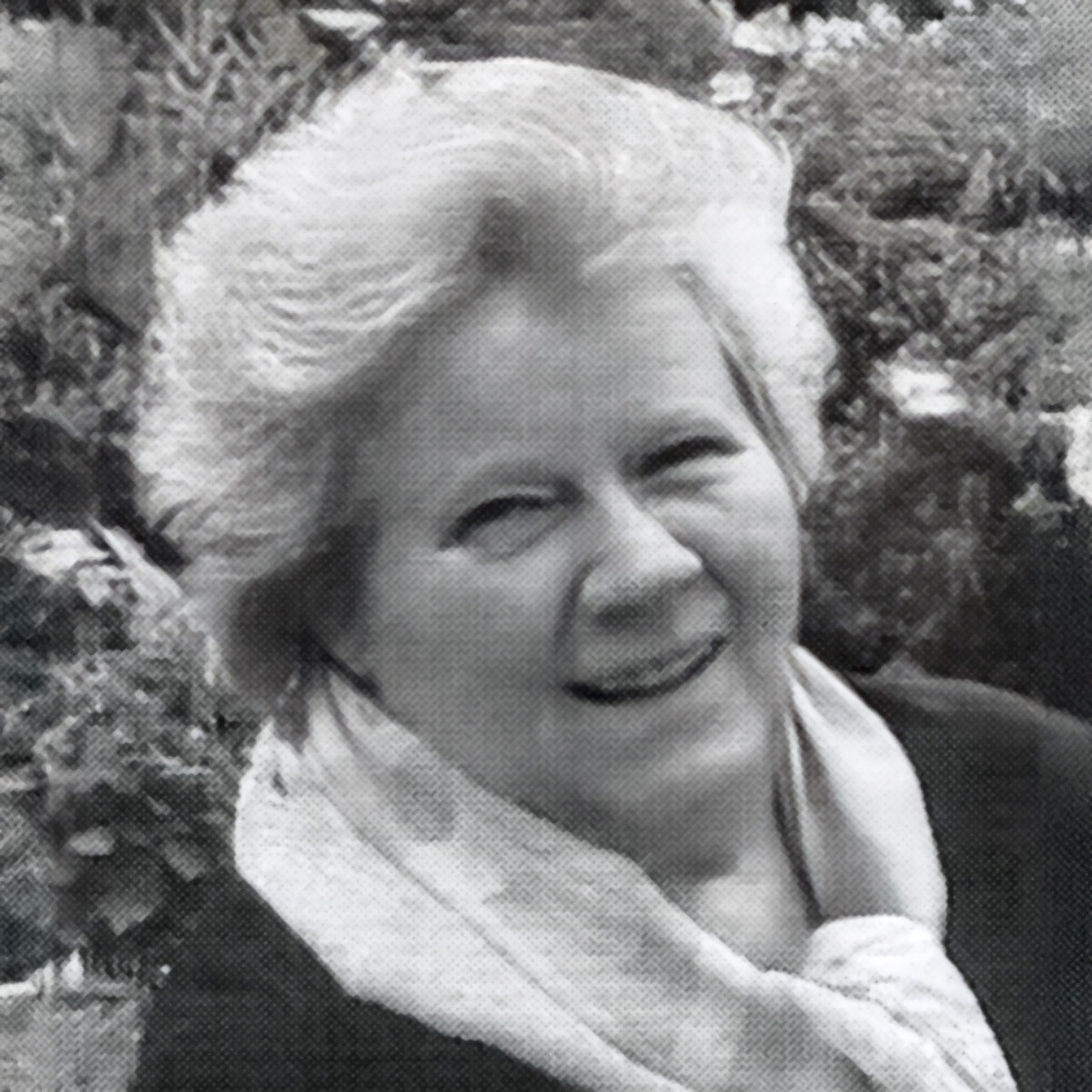A choir in every care home… it seems to be working
mainWe’ve been tracking this Live Music Now initiative since its launch two years ago.
Andrea Sutcliffe, Chief Inspector, Care Quality Commission (CQC) from Live Music Now on Vimeo.

We’ve been tracking this Live Music Now initiative since its launch two years ago.
Andrea Sutcliffe, Chief Inspector, Care Quality Commission (CQC) from Live Music Now on Vimeo.
WIN: Matias Tarnopolsky played hardball in compensation negotiations…

Top-selling pianist Vikingur Ólafsson will premiere John Adams’s…

Message received: The Los Angeles Philharmonic Association announced…

The Rudolf Kempe Society has announced the death…

Session expired
Please log in again. The login page will open in a new tab. After logging in you can close it and return to this page.
Daft a care home full of deaf wobblies some with Alzheimers would not get it at all. They just need to be fed and watered and cleaned at both ends, wise up.
Wait unti you’re there! What youbsend out in life comes back .. To.have a choir is just a wonderful idea. I know of a few as various well known singers and a couple of whom were my singing teachers, are in homes, and it’sb changed lives around. They are not all deaf and got dimentia or raving mad or stupid. Most are elderley and some of them like me are relatively younger but can’t live the lonely life alone. Putting people on scrap heaps is terrible when they have contributed to society with big hearts.
I think of far more important ways of improving residential care than this! First off, tight monitoring and reporting of all meds. Body cameras for all residents to record any assaults and problems etc. Environmental monitoring of air food and water, surfaces, care homes often get outbreaks of Norovirus and Bornholm disease, regular monitoring is essential to prevent contamination and cross infection.
This is fabulous, Norman. There has been proven results of music enhancing memory and sparking memory. What is very interesting is when one visits care homes, you never know who you might meet. Many of our respected senior citizens have been to the greatest of the great performances in their lifetimes, and I remember meeting people nestled in care homes in various parts of the world who have heard Rachmaninoff play, and old enough to have heard Gershwin in the 1930s. They are now gone, but oh, those still with us need to have their voices and share music with each other. I love everything about Andrea Sutcliffe in this video.
No it is not at all fabulous. Care homes are breeding grounds for all sorts of infections such as Bornholm disease and Noro Virus. See the information below. If you wish to improve care, then strict hygiene and environmental monitoring needs to be implemented. Choirs will not help at all, in fact they may contribute to spreading respiratory and other viruses.
http://www.nhs.uk/conditions/bornholm-disease/Pages/Introduction.aspx
http://www.nhs.uk/conditions/Norovirus/Pages/Introduction.aspx
https://www.nice.org.uk/guidance/settings/care-homes
This might have a passable effect on their cognitive skills, so would playing chess or doing Sudoko.
Yes, absolutely.
Choirs pose potential risks as vectors for spreading infectious disease in care homes.
Here are some further references. Doc Martin has published peer reviewed research on this topic
http://qualitysafety.bmj.com/content/early/2015/05/22/bmjqs-2015-003952
https://kernowccg.nhs.uk/media/83579/infectionpreventioninformationforresidentsandvisitorsincarehomes.pdf
https://www.gov.uk/government/publications/infection-prevention-and-control-in-care-homes-information-resource-published
A better idea would be to install CD players in resident’s rooms or sitting rooms for them to listen to eg Alfred Deller, Music for a while, or possibly some Gregorian Chant.
Such an inspiring initiative. Quality of life for people in care homes is as important as quantity of life, and shouldn’t we be delighted about evidence that music-making improves quality of life for anyone in society? There are remarkable stories about dramatic responses to music from people with advanced Alzheimer’s who otherwise haven’t responded coherently to anything for long periods of time. And anything that makes a care-giver rethink their assessment of an individual who appears ‘far gone’ may well improve the care that person gets, and also the amount of human interaction they experience.
As musicians we understand the incredible benefits of making music to individuals and society. We are often dismayed at the inability of politicians to recognise this fact, and the consequent diminishment of support for music-making at all levels. I feel joyful about this beacon-of-hope story.
Yes, me too.